Solutions
June 1, 2004

'Success gap' fades
Throw out the old stereotype of the career woman with advanced degrees leading the life of a single. A new UW study finds that higher education is not the hindrance to marriage and motherhood it once was.
March 1, 2004
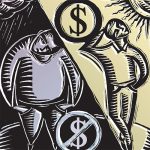
Income-weight link
Healthy foods that aid in weight loss and provide a feeling of fullness cost more than energy-dense foods such as French fries, soft drinks, candy and cookies. The result: poor people are more likely to be overweight.
December 1, 2003
Airline policy questioned
Injury prevention experts say requiring parents to buy a ticket and bring a safety seat for young children on airplanes could actually result in more deaths.
September 1, 2003
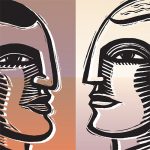
Shooters' bias
A UW experiment using primarily white and Asian college students found that people were more likely to shoot blacks than whites, even when the men were holding a harmless object such as a flashlight rather than a gun.
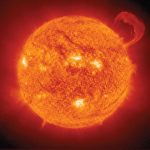
Earth is doomed
"In 7.5 billion years Earth will either be swallowed up or survive only as a scorched planet."
June 1, 2003
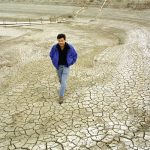
Running on empty
With more people, global warming and thirsty farms, water use in the Pacific Northwest will change drastically, UW faculty members warn.
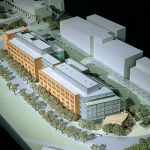
Gates gift for genomics
The University of Washington announced April 24 the largest gift in its 142-year history — $70 million from the Bill & Melinda Gates Foundation to ensure construction of research space for the Department of Genome Sciences and to strengthen programs in global health.
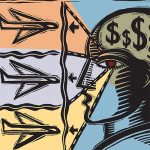
Air fare assistance
Researchers at the UW and the University of Southern California announced a new computer program called Hamlet that predicts the best time to buy an airline ticket.
March 1, 2003
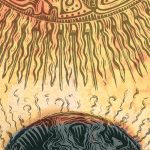
Final countdown
Only 7.5 billion years from now, a burned-out cinder of a planet called Earth will be engulfed by its sun, a bloated red giant that will melt away any evidence that the planet ever existed.
December 1, 2002
Breakthrough research
UW researchers announced a dramatic breakthrough—they were able to insert the missing gene into these defective mice and reverse the effects of Duchenne muscular dystrophy.
September 1, 2002
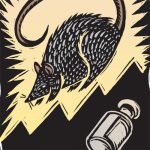
Diabetes discovery
Discovery of a gene that plays a major role in type 1 diabetes in rats and is present in nearly identical form in humans might shed light on the little understood processes of the thymus, a research team including University of Washington scientists announced.
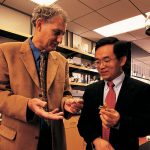
Light speed
By harnessing light instead of electricity to send information, Larry Dalton promises to change the way we work and live.
June 1, 2002
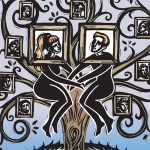
Kissing cousins OK
The genetic consequences of first cousins marrying each other are not as severe as commonly thought, say UW genetics experts.
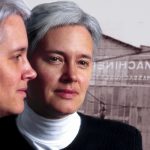
Reversal of fortune
For more and more workers, the American Dream is just a mirage, say the authors of a new book.
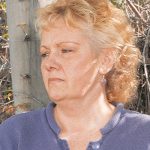
Fatal inheritance
After losing her mother and brother to pancreatic cancer, Sheri Mayer faced the difficult choice of having her pancreas removed or trying to beat the odds.
March 1, 2002
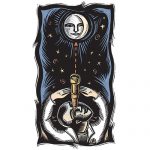
To the moon
Using laser beams, 30-year-old reflectors and 21st century computing power, UW scientists plan to make the most exact measurement of the distance to the moon in history—accurate to the width of a paper clip.
December 1, 2001
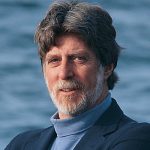
Waterworld
Exploring the ocean floor by remote control could yield breakthroughs in weather forecasting, salmon migration and even earthquake prediction.
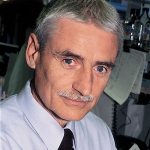
Nobel Laureate
UW Genetics Professor Lee Hartwell won the 2001 Nobel Prize in Medicine/Physiology for his basic research on cell division.
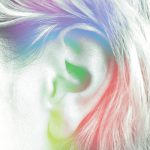
Sound solution
UW scientists, with the aid of some bird brains, may have found an answer to hearing loss: bringing dead cells back to life.
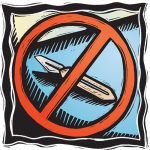
Appendix misfires
In nearly one of four appendectomies performed in women of childbearing age, the removed appendix is actually not infected, according to a UW study.